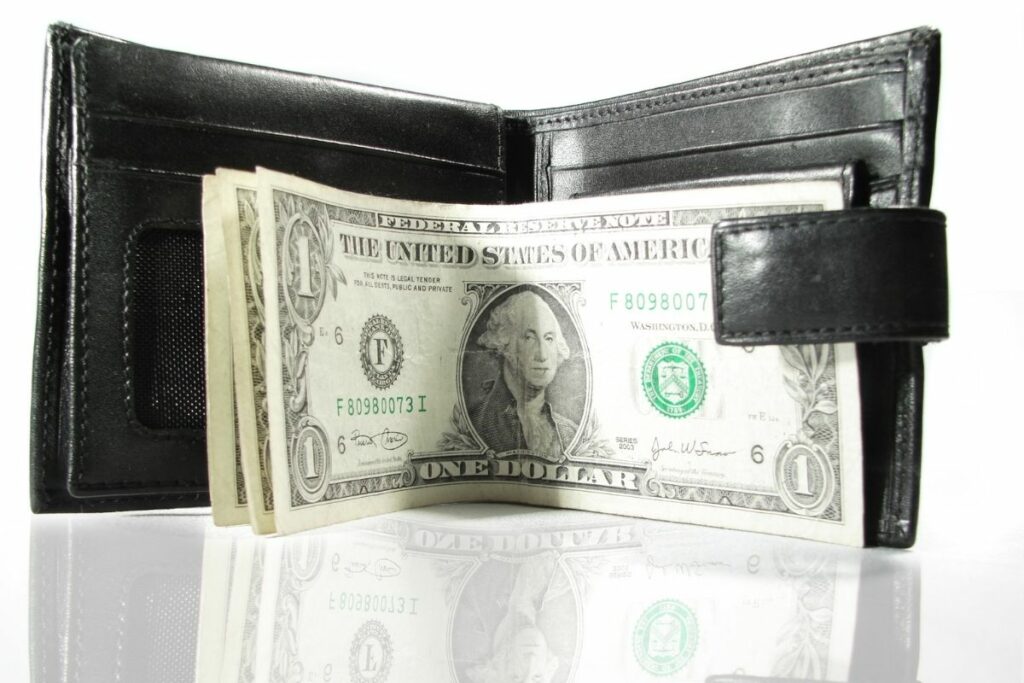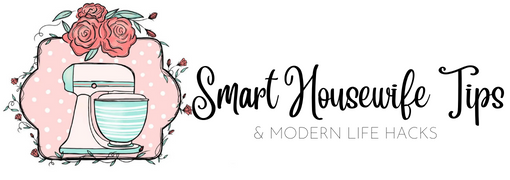Averagely, more than 30,000 people must have touched that currency note in your purse/pocket.
Yeah! You read it right. That number could be way higher depending on the date the currency was produced. Imagine that amount of people passing around one currency. It would be exposed to billions of bacteria because not everybody cares about keeping the paper money clean.
Except you plan on leaving that particular note in your possession permanently and not let it out of your sight, you can’t determine how clean the money would remain. The moment you let it out of your sight, it goes back into circulation and gets exposed to unsanitary conditions that are beyond your control. This is why most people opt for digital payment options because it protects them from the germs that come with using paper money.

Since I’ve been able to create some context on paper money circulation, do you think there’s a way to reduce the spread of germs through currency notes? Is there a way to clean your paper money?
Cleaning paper money is an activity that has stirred so much controversy. Some people believe that ultraviolet light can keep paper money clean. Others believe that routine wiping and drying would keep the notes clean. Both methods are effective ways to keep the paper notes clean. Provided the process is gentle and careful.
Since you can’t outrightly toss your paper money into the washing machine and leave it running for hours, you can try other steps which would be presented in this article.
Are There Germs On Paper Money
Affirmatively! Research proves that paper money carries as much as hundreds of bacteria on them. Think of how many currency notes you’ve touched in your lifetime. Do you know where those notes must have been? If there was a way to check the number of germs on a note before we touch them, people would reduce the rate at which they use cash.
Aside from touching, people use banknotes for unspeakable things. I wish there were policies that monitor how paper money is used and what conditions people subject them to. It would control the excesses of people towards the legal tender.
I noticed I was experiencing a persistent cough for about 3 months that refused to go away even after countless medications. It got so bad that I had to make weekly trips to my physician. We ran countless tests and we eventually discovered that the meds were working but the coughing refused to stop because I still had contact with the bacteria that caused the cough. I started watching everything I was doing carefully. Did this make the cough stop? No.
I’m sure you’re probably thinking this was a terminal illness or something until I stumbled upon a blog post addressing similar issues. I discovered that specific ATMs were notorious for spreading particular bacteria. I couldn’t piece the info together because it didn’t make sense to me.
What this meant was anybody who occasionally took cash out of those machines was exposed to a bacteria which was present on the cash note. I took one bill for a deep scan and to our surprise, this note was contaminated. The list of microbes present on the note was endless. Our conclusion was there’s a bacteria infestation in the vault of said bank.
These germs certainly do not grow on cash so there must be a reason for it. When someone touches a newly produced currency note, the microbes on that person’s hand transfers to the note. The note is moved to the teller for those who want to make cash withdrawals from the bank and some are moved into the ATM. People who make withdrawals would come into contact with those microbes.
In the course of these activities, the notes become a hub for a wide range of germs. This is why paper money is regarded as one of the dirtiest entities used by humans. If I had the capacity to make any significant changes in the world, I would eradicate the use of paper money and opt for digital payment methods only.
How Do You Clean Paper Money
Countries that use polymer banknotes would not have so much to worry about in this regard because this type of note is made from Biaxially Oriented Polypropylene (BOPP) which is waterproof. This type of currency can be disinfected and washed mildly without it getting defaced or structurally damaged.
The situation is very different for countries that use paper money. Any attempt to rigorously wash or disinfect the note could result in damage which would render it unable to serve its purpose. Would you rather use dirty cash to make transactions than wash your hands after or wash all your paper money and have them damaged to the point where you’re unable to use it? Whichever option you pick, you can only dedicate time and resources to cleaning your money if you have a vault in your house to store all the money you clean or you plan on avoiding contact with any other paper money apart from yours.
If you’re in the category of people who probably want to clean all the cash in their house because of molds or a nasty smell, below are effective ways to do this without harming the paper money.
- Use Warm Water
For this method to be effective, you need to clean every note individually. If you have stacks of money, get ready because you’re in for a workout. Once they’ve been separated, take one note, place it on a flat surface and leave for 5-10 minutes.
While you’re waiting, heat some water till it’s moderately warm. If the water is too hot, it can ruin the banknote. Add a little dish wash and disinfectant. (preferably one with a nice fragrance). This would help wipe off the stains and germs. You’d be needing two bowls of water; one with liquid wash and one without.
The next thing to do is get a clean rag, dip it into the warm water (with soap), squeeze it, and gently wipe around the note from left to right. Flip over and do the same thing. If you’re satisfied with the cleaning, take another rag, dip it into the water without soap then repeat the process.
The final step is to dry it. Check the note to see if the stains are off or the smell has moved from irritation to desire. If that’s the case, place it on a surface that has sufficient ventilation. If you’d have the time to blow-dry the notes, that might be a faster option. Ensure you set the dryer on cool because extreme heat would damage the note.
- Ultraviolet Light
Most financial institutions use this method to clean banknotes. Imagine cleaning hundreds of money stacks individually. It would take months to clean all the money in the bank. What happens when more money comes in daily? Cleaning is not sustainable so the only option for them is to invest in ultraviolet light.
You don’t need to have thousands of money stacks before you can acquire your very own ultraviolet light. The light can be used to disinfect other areas in the house because of its radiation energy. It is strong enough to kill germs and bacteria but not enough to harm you. I felt the need to mention that because when some people come across the word radiation, it scares them on every level. So only germs should be scared of ultraviolet rays.
Place all the notes on a flat surface where the ultraviolet light is located. Depending on the size of the light, you can have a particular area designated for this paper money sanitization.
Is It Illegal To Destroy Paper Money
The punishment for purposely destroying paper money in Canada is serving a jail term of not less than fourteen years. Click here if in doubt. In the United States, you’d be fined and made to serve a six months jail term. I’m pretty sure the punishment is the same in most countries. Paper money is a nation’s currency that’s manufactured, controlled, and regulated by the government.
No individual should take it upon themselves to purposely destroy banknotes. Even though you earned the money.
If you wind up with damaged notes and you’re displeased with it, the reasonable course of action is to take it to the nearest bank and make a deposit. The bank has policies on the management of damaged currency so you don’t need to take the law into your hands.
Why would you choose to destroy paper money? The only plausible reason for this might be a fire incident beyond your control. Asides from that, you might be facing a jail sentence if the investigation proves that the damage was a conscious act.
Conclusion
If you fall into the category of people who are scared of the germs on paper money and can’t afford to wash every currency they touch, there’s a way around that. Immediately after you make use of paper money, sanitize your hands to keep the germs away. If you practice this for a few weeks, it would become a part of you.
